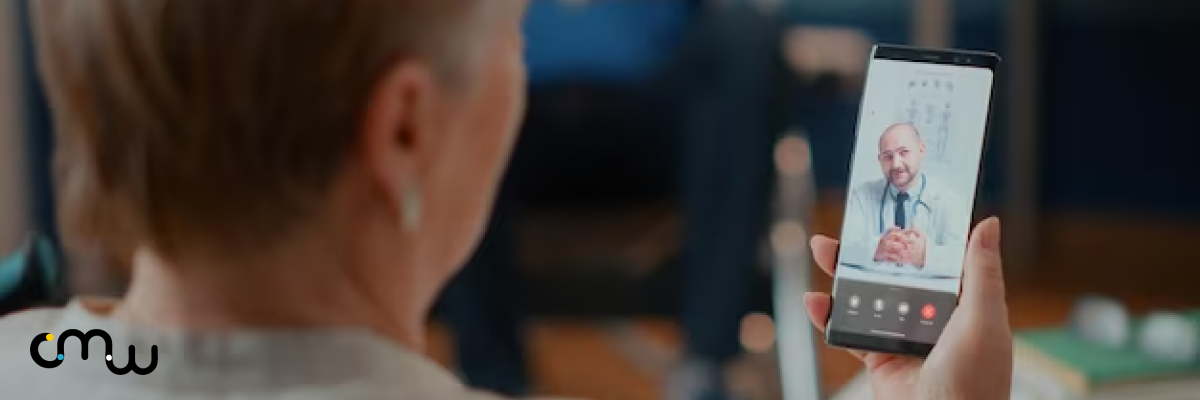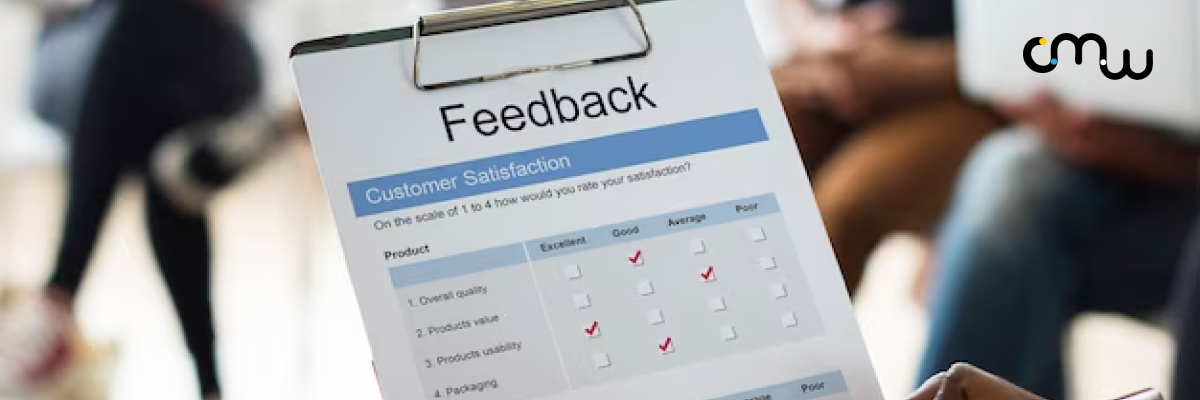Patient engagement is a critical aspect of healthcare that involves building and maintaining relationships between patients and healthcare providers. Engaged patients tend to have better health outcomes, higher levels of satisfaction with their care, and are more likely to follow their treatment plans. In today's digital age, social media platforms provide healthcare organizations with an opportunity to connect with patients and engage them in meaningful ways. This article will explore the benefits of using social media for patient engagement and healthcare marketing and provide strategies for healthcare providers to effectively leverage these platforms to enhance patient engagement and overall healthcare outcomes.
The Benefits of Patient Engagement
Patient engagement refers to the active involvement of patients in their healthcare decisions, treatment, and management. Engaging patients in their care can have numerous benefits for both patients and healthcare providers.
- Improved Health Outcomes: Patient engagement has been linked to improved health outcomes. When patients are engaged in their care, they are more likely to adhere to their treatment plan, take medications as prescribed, and make lifestyle changes that can improve their health. Engaged patients are also more likely to catch potential health issues early and seek treatment promptly.
- Increased Patient Satisfaction: Engaging patients in their care can also improve patient satisfaction. When patients feel that they are active participants in their care, they are more likely to feel heard and valued by their healthcare providers. This can lead to increased trust and better communication between patients and providers.
- Reduced Healthcare Costs: Patient engagement can also lead to reduced healthcare costs. When patients are engaged in their care, they are less likely to require hospital readmissions or expensive treatments. Engaged patients are also more likely to catch potential health issues early, which can lead to less expensive and less invasive treatments.
Social media can be an effective tool for patient engagement. Patients can use social media to connect with healthcare providers and other patients, access information about their health conditions, and participate in online support groups. Healthcare providers can use social media to share information about health conditions and treatments, answer patient questions, and provide health education.
Overall, patient engagement can have numerous benefits for both patients and healthcare providers. Social media can be an effective tool for facilitating patient engagement and improving healthcare outcomes.
Strategies for Patient Engagement Through Social Media
- Building a solid social media presence: Creating a solid social media presence involves establishing a consistent brand identity across all social media platforms. Healthcare organizations should create professional and engaging profiles that are easily recognizable to patients. They should also engage with followers regularly, respond to comments and questions, and monitor social media analytics to track engagement metrics.
- Creating compelling content: Creating compelling content is essential to keeping patients engaged with healthcare organizations on social media. This involves creating content that is informative, educational, and relevant to the audience. Healthcare organizations can use various content formats, such as blogs, videos, podcasts, infographics, and interactive quizzes, to keep patients engaged.
- Targeted messaging: Using targeted messaging helps healthcare organizations to reach the right audience with the right message. Social media platforms provide various targeting options, such as demographics, interests, and behaviors, that can be used to create personalized messaging for patients. This helps to create a more meaningful connection with patients and improves engagement.
- Fostering patient communities: Social media platforms can be used to create and foster patient communities. Healthcare organizations can create online patient support groups, social media pages, and hashtags that patients can use to connect with one another. This helps to create a sense of community and support among patients and can lead to improved health outcomes.
- Encouraging patient-generated content: Encouraging patient-generated content is a great way to foster patient engagement on social media. Healthcare organizations can encourage patients to share their experiences, stories, and opinions on social media. Patient-generated content can be used to create more authentic and engaging content and can also help to foster patient communities.
- Improving patient education and health literacy: Social media platforms can be used to improve patient education and health literacy. Healthcare organizations can use social media to share educational resources such as articles, videos, and infographics that are relevant to patients. This helps to improve patient understanding of health issues and empowers them to make informed healthcare decisions.

Healthcare Marketing Through Social Media
Healthcare marketing through social media involves using digital channels to promote healthcare services, products, and facilities. With the widespread use of social media, healthcare organizations can use various platforms to reach their target audiences effectively. The benefits of healthcare marketing through social media include increased brand awareness, patient acquisition, and patient retention.
Social media advertising can be used to target specific demographics and geographic locations. Healthcare organizations can use paid ads on platforms such as Facebook, Instagram, and Twitter to promote their services to people who are more likely to need them. Social media advertising also offers the ability to track the success of marketing campaigns and adjust strategies to optimize results.
Influencer marketing is another effective strategy for healthcare marketing through social media. Influencers are people who have a significant following on social media and can influence the decisions of their followers. Healthcare organizations can partner with influencers to promote their services or products, which can increase brand awareness and drive traffic to their website or social media pages.
In addition to advertising and influencer marketing, healthcare organizations can use social media to provide educational content and engage with their audience. By sharing informative posts, healthcare organizations can establish themselves as experts in their field and build trust with their followers. Engaging with followers through comments and direct messages can also help create a more personal connection and increase patient satisfaction.
The Importance of Compliance and Data Privacy
Compliance with healthcare regulations and data privacy laws is crucial when using social media for patient engagement and healthcare marketing. The Health Insurance Portability and Accountability Act (HIPAA) and other regulatory frameworks mandate the protection of patient information and require healthcare organizations to obtain patient consent for the use of their data.
Healthcare organizations must ensure that they have appropriate policies and procedures in place to ensure compliance with these regulations when using social media platforms. This includes ensuring that employees are adequately trained on privacy and security protocols, monitoring and auditing social media activity, and implementing safeguards to prevent unauthorized access to patient data.
In addition, healthcare organizations must be transparent with patients about the use of their data on social media platforms and obtain their explicit consent before using their data for marketing or engagement purposes. Patients must also have the ability to control their data and opt out of any marketing or engagement efforts if they so choose.
Ensuring compliance with healthcare regulations and data privacy laws is not only a legal obligation but also an ethical responsibility for healthcare organizations. By protecting patient privacy and ensuring compliance, healthcare organizations can build trust with patients and foster a positive reputation in the industry.

Case Studies
Mayo Clinic is an example of a healthcare organization that has effectively used social media to engage patients and market its services. The organization has a strong presence on social media platforms such as Facebook, Twitter, and YouTube. It shares valuable health information, educates patients on medical procedures, and shares success stories. Mayo Clinic also uses social media to promote its services and events and to communicate with patients and the public.
Cleveland Clinic is another healthcare organization that has successfully leveraged social media for patient engagement and healthcare marketing. The organization has a large following on social media platforms such as Facebook, Twitter, and LinkedIn, where it shares health tips, promotes its services and shares success stories. Cleveland Clinic also uses social media to connect with patients and provide them with quick and convenient access to healthcare information.
Kaiser Permanente is another healthcare organization that has effectively used social media to engage patients and market its services. The organization has a presence on various social media platforms, where it shares health information, promotes its services, and educates patients on medical procedures. Kaiser Permanente also uses social media to connect with patients and the community and to share stories of patients who have benefited from its services.
These case studies highlight the ways in which healthcare organizations can use social media to engage patients, promote their services, and build strong relationships with patients and the community. By following best practices for patient engagement and healthcare marketing on social media, healthcare organizations can achieve their goals and improve patient outcomes.
In conclusion, patient engagement and healthcare marketing through social media have the potential to improve health outcomes, increase patient satisfaction, and reduce healthcare costs. By utilizing best practices for social media engagement and marketing, healthcare organizations can effectively reach and engage patients in the digital age. However, it is crucial for these organizations to prioritize compliance with healthcare regulations and data privacy laws to protect patient information.
For those seeking assistance with healthcare marketing and patient engagement strategies, Compendious Med Works, a healthcare marketing consultancy, could provide valuable guidance and support in developing and implementing effective social media strategies for patient engagement and healthcare marketing.









